Sanaa, MINA – Aqeel bin Thabet, a university professor in the Yemeni city of Aden, used to buy a lamb or two to eat during the fasting month of Ramadan, but due to soaring prices this year, he can only afford to buy meat from a butcher once a week.
Others in the city, such as 50-year-old Intisar Ahmad, said he should give up meat and sweets, with only “what we can to fill our stomachs”, MEMO reported on Tuesday.
He said the price of 50 kg of sugar and white flour in Aden had jumped 40 percent in less than a month.
Yemen’s seven-year war has divided the country between the Houthis in the north and the internationally recognized government, now based around the southern city of Aden after being forced out of the capital, Sanaa, by the Houthis in 2014.
Also Read: UNIFIL Reports Over 7,300 Israeli Violations of Lebanese Airspace Since Ceasefire
The war has driven millions into starvation and the currency has fallen in the south. Fuel shortages in the north have put food and other goods further out of reach for most Yemenis.
“This year’s Ramadan is different from previous years, the price spikes are insane,” said Wael Al-Sulwi in the capital Sanaa, where the Houthis toppled the government in 2014.
Access to fuel has become increasingly difficult across Yemen, especially in areas controlled by the Houthis due to a blockade imposed by the Saudi-led coalition supporting the government against the group.
In Aden, the riyal has fallen about 20 percent against the dollar since January 2022. Yemen has two competing Central Banks so the value of the riyal differs depending on the region.
Also Read: Report Exposes Canada’s Role as ‘Weapons Transit Corridor’ for Israel
Professor Thabet, who has five children, said his monthly salary used to be $1,200 a few years ago, but is now worth $250.
The two-month truce between the warring parties, which began on Saturday, aims to provide assistance by allowing the delivery of fuel to Houthi areas.
However, the impact has not been felt.
“Society is very squeezed, and there are people who can’t buy basic necessities for the month of Ramadan, and this is a catastrophe,” said Ahmad Sumay, a professor at Sanaa University. (T/RE1)
Also Read: Trump Designates Saudi Arabia as Major Non-NATO Ally in Historic Defense Pact
Mi’raj News Agency (MINA)






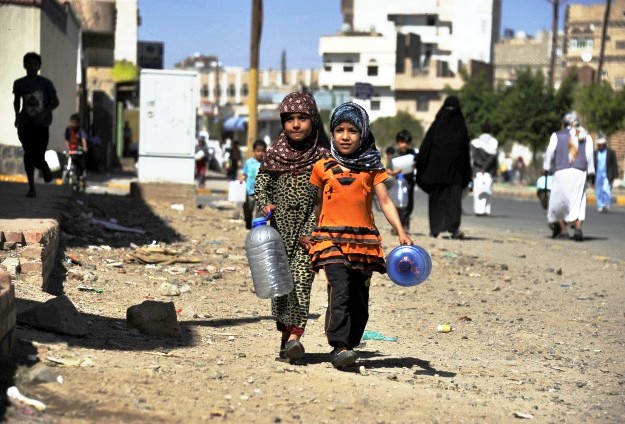

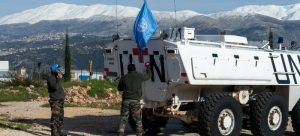
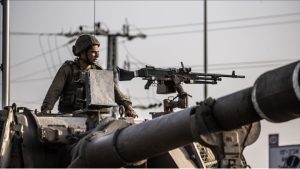




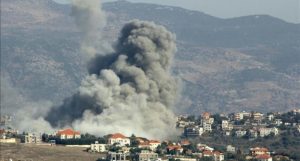

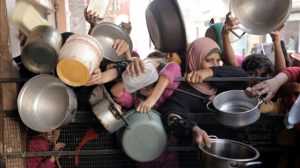
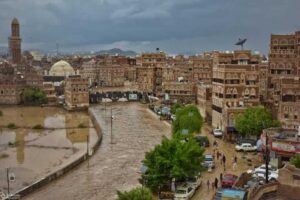
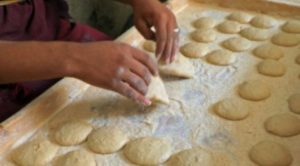
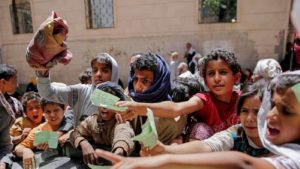

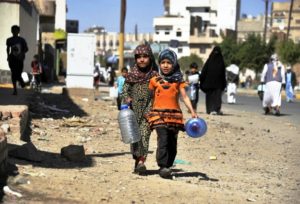












 Mina Indonesia
Mina Indonesia Mina Arabic
Mina Arabic